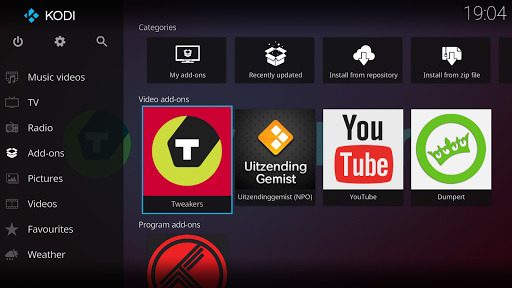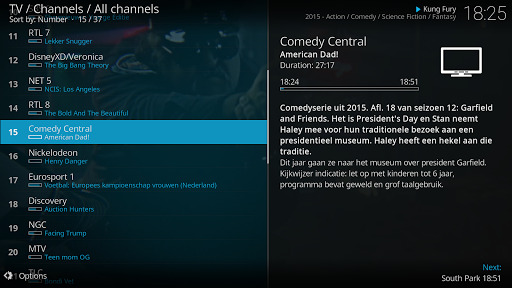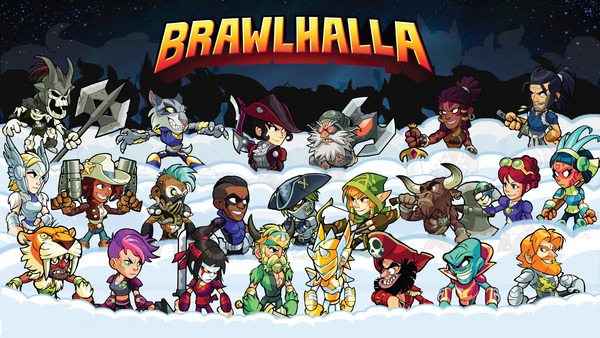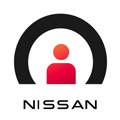Popular Now
What is Kodi?
Kodi is a free, open-source media player developed by the XBMC Foundation, a non-profit technology consortium. The app is designed to be a one-stop solution for all your media needs, allowing users to play and stream videos, music, podcasts, and other digital media files from local and network storage, as well as the internet. Kodi is available on various platforms, including Windows, macOS, Linux, Android, iOS, and even Raspberry Pi.User Experience
Kodi is designed to be user-friendly, with an intuitive interface that makes it easy to access your media. The home screen is customizable, allowing you to arrange your content and features in a way that suits your preferences. While Kodi offers a lot of advanced features, the app is still accessible to beginners, thanks to its straightforward setup process and helpful community resources. However, the learning curve can be steep for users who want to take full advantage of Kodi’s capabilities, particularly when it comes to installing and configuring add-ons. Fortunately, there are numerous tutorials and guides available online that can help you get the most out of Kodi.Customization and Add-Ons
One of the major strengths of Kodi is its flexibility. The app’s open-source nature means that there are countless add-ons and skins available, allowing you to tailor Kodi to your exact needs. Whether you want to stream content from popular services like Netflix and YouTube or add functionality like weather forecasts and social media integration, there’s likely an add-on for it. Kodi’s customization options extend to its appearance as well. You can choose from a variety of skins to change the look and feel of the app, and even create your own if you’re inclined. This level of customization is unmatched by most other media centers, making Kodi a favorite among tech enthusiasts and power users.Performance and Reliability
Kodi is known for its solid performance and reliability. The app is capable of handling high-definition (HD) and even 4K content without issue, provided your hardware supports it. Playback is smooth, with minimal buffering or lag, even when streaming from the internet. However, the performance of Kodi can be influenced by the quality of the add-ons you use. Since many add-ons are developed by third-party contributors, their performance and reliability can vary. It’s essential to use well-maintained and reputable add-ons to ensure a stable experience. Kodi is regularly updated by the XBMC Foundation, with new features and bug fixes being released frequently. This ongoing development helps keep the app secure and up-to-date with the latest technologies.Security and Privacy
Being an open-source platform, Kodi’s security is largely dependent on the sources from which you download add-ons. Official add-ons from the Kodi repository are generally safe to use, but third-party add-ons can sometimes pose security risks, such as malware or unauthorized access to your device. To protect your privacy and security, it’s recommended to use a VPN when using Kodi, especially when accessing third-party content. Kodi also allows users to set up profiles with different levels of access, making it easier to manage what content is available to different users in your household. This is particularly useful for families with children, as you can restrict access to certain media or features.Common Issues and Troubleshooting
Like any software, Kodi isn’t without its occasional issues. Common problems include add-ons not working correctly, buffering during streaming, or crashes when using certain features. However, the Kodi community is very active, and you can usually find solutions to most problems through forums, tutorials, and troubleshooting guides. The Kodi app itself is stable, but because it relies on third-party add-ons for much of its functionality, you may encounter issues with add-ons that are outdated or no longer supported. Regularly updating your add-ons and Kodi installation can help mitigate these problems.Conclusion
Kodi is a powerful and flexible media center that’s well-suited for users who want to take control of their home entertainment experience. Its extensive feature set, customization options, and support for a wide range of media formats make it a top choice for tech-savvy users and media enthusiasts.-
Developer
Kodi Foundation
-
Category
Video Players & Editors
-
Version
20.2
-
Downloads
50M
Pros
👍 1. Wide range of content: Kodi allows users to access a wide range of content, including TV shows, movies, music, podcasts, and more. It aggregates content from various sources, allowing users to stream or download their favorite media with ease.
👍 2. Customizable and user-friendly interface: Kodi’s interface is highly customizable, allowing users to personalize their viewing experience according to their preferences. It also has a user-friendly interface, making it easy for users of all levels of technical expertise to navigate and use.
👍 3. Cross-platform compatibility: Kodi is available on multiple platforms, such as Windows, Mac, Linux, Android, iOS, and even Raspberry Pi, ensuring that users can access their content on various devices. This cross-platform compatibility allows for a seamless experience across different devices and operating systems.
Cons
👎 1. User Interface: One of the main shortcomings of Kodi is its user interface, which can be overwhelming and difficult to navigate for new users. The interface can feel cluttered and confusing, especially for those who are not familiar with media center software. This can make it more challenging to find and access the desired media content.
👎 2. Lack of official content: While Kodi is an open-source media center software, it does not provide any official content of its own. Users need to rely on third-party add-ons and repositories to access content, which may not always be reliable or legal. This can result in a frustrating experience for users who are looking for a straightforward way to access their favorite media content without having to search for add-ons.
👎 3. Technical expertise required: Another shortcoming of Kodi is that it may require some technical expertise to fully utilize its features. Setting up Kodi, configuring add-ons, and troubleshooting issues can be challenging for less tech-savvy users. This can limit the accessibility and usability of Kodi for a broader audience who may not have the necessary technical knowledge to make the most out of the application.

















































